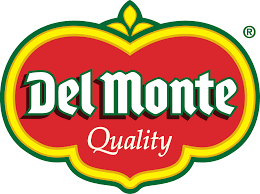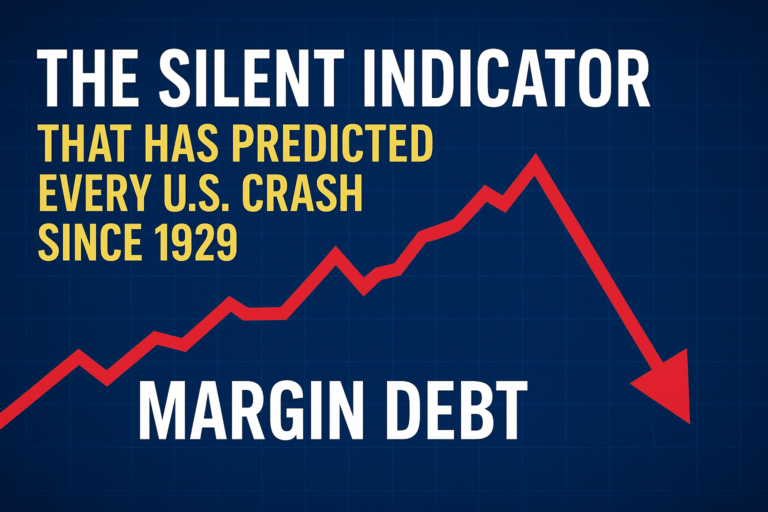
In a surprising development, Del Monte Foods, one of America’s most recognizable grocery store brands, has filed for bankruptcy protection as it pursues a court-supervised sale of its assets. Known for generations as the go-to name for canned fruits and vegetables, Del Monte’s decision marks a turning point not just for the company—but for the broader packaged food industry.
Why Did Del Monte File for Bankruptcy?
Del Monte’s leadership, including CEO Greg Longstreet, framed the move as a strategic transformation. “After evaluating all possible paths, we believe a sale process is the best way to fast-track our turnaround and build a more resilient future for Del Monte Foods,” said Longstreet in a recent press release.
But let’s unpack what’s really happening.
While the company hasn’t filed for Chapter 7 liquidation, which would involve a complete shutdown, it is preparing to sell “all or substantially all” of its assets. That doesn’t exactly sound like a business trying to reinvent itself—it sounds more like a company being dismantled and sold in pieces.
$900 Million in Financing Secured to Stay Afloat
Despite the bleak outlook, Del Monte has obtained over $900 million in new financing to maintain day-to-day operations while seeking buyers. Orders will still be fulfilled, shelves will still be stocked—for now.
Still, this feels less like a turnaround and more like a managed wind-down. It’s possible that pieces of Del Monte—brands, factories, recipes—will live on under new ownership. But the Del Monte we know will likely never be the same.
Pandemic Missteps & Strategic Misfires
Del Monte’s troubles didn’t appear overnight. The pandemic created a short-term boom in demand for shelf-stable foods, leading the company to ramp up production and take on significant debt. But that growth was a temporary anomaly.
Just like Peloton, which over-invested in home fitness during the pandemic, Del Monte mistook a COVID-era surge for a long-term trend. When consumer habits normalized, the company was left holding massive inventory—and massive liabilities. Compounding the issue were rising input costs (like metal for cans) driven by global tariffs and inflation.
A Brand Older Than Sliced Bread
Del Monte’s history is legendary. Founded in 1886, it predates the Statue of Liberty and the Ford Motor Company. For decades, its canned peaches, corn, and green beans were staples in nearly every American pantry.
But nostalgia can’t replace smart leadership.
Del Monte had the brand recognition and customer trust. What it lacked was strategic adaptability. It underestimated just how much the food industry—and consumer behavior—has evolved.
Del Monte’s downfall isn’t just a story about bankruptcy or changing market trends. It’s a powerful reminder that iconic status doesn’t guarantee future success. Brand loyalty may buy time, but it doesn’t fix flawed strategies.
Even household names must continuously adapt, invest wisely, and stay relevant. Del Monte’s leaders spoke of a “turnaround,” but the bankruptcy filing and asset sales suggest something closer to a retreat.




